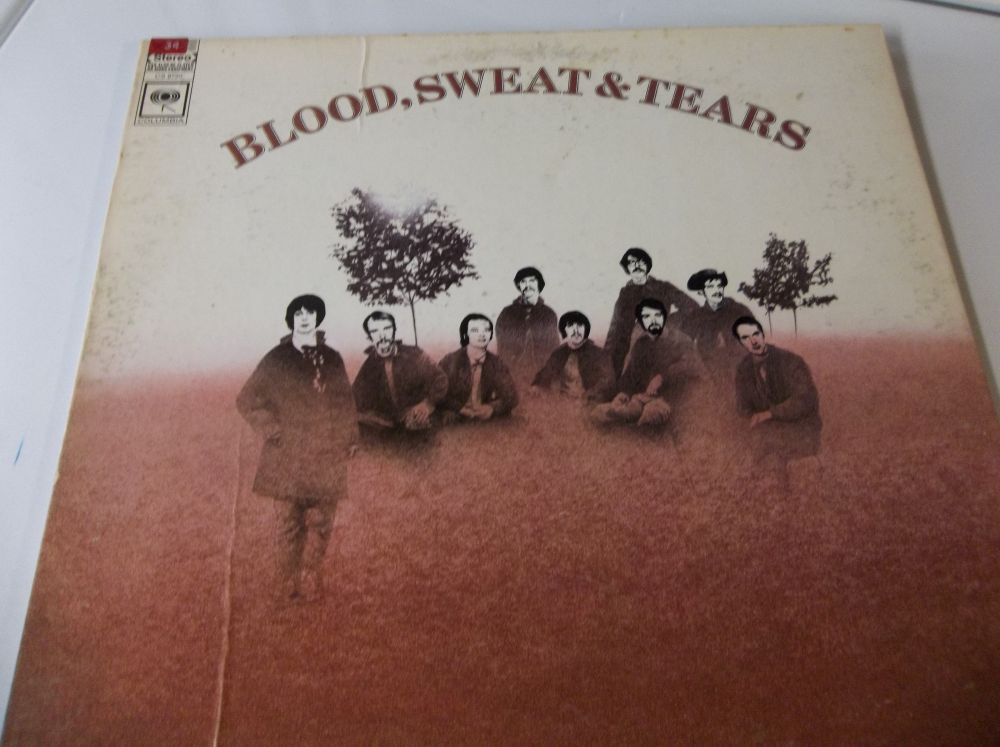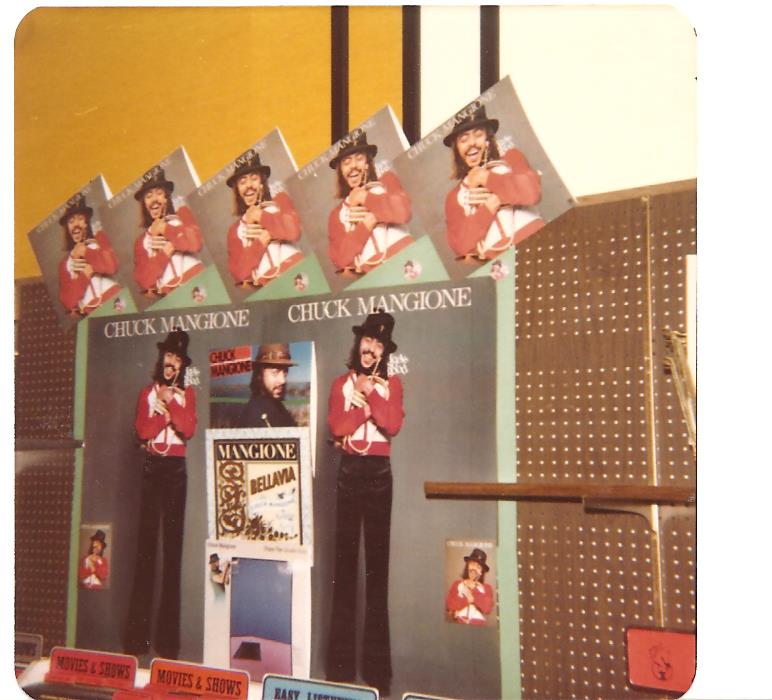Key Takeaway
A Snapshot in Time
Music never exists in a vacuum. Here’s what else was happening when these records were climbing the charts:
* **Television:** *Scooby-Doo, Where Are You!* premiered on CBS, signaling a softer, funnier era for Saturday morning cartoons.
* **Music History:** John Lennon stepped onstage with the Plastic Ono Band for the very first time at Toronto’s Rock and Roll Revival festival.
* **World Events:** Muammar Gaddafi rose to power in Libya through a bloodless coup.
* **Sports:** Bobby Bonds of the San Francisco Giants notched a rare 30–30 season (30 homers, 30 stolen bases).
Against this backdrop, here’s what was spinning on turntables across America.
This Week’s Top Ten Albums in America
1. Johnny Cash at San Quentin – Johnny Cash
2. Blind Faith – Blind Faith
3. Best of Cream – Cream
4. Blood, Sweat & Tears – Blood, Sweat & Tears
5. Romeo & Juliet – Movie Soundtrack
6. Smash Hits – The Jimi Hendrix Experience
7. The Soft Parade – The Doors
8. Hair – Original Cast Recording
9. In-A-Gadda-Da-Vida – Iron Butterfly
10. Best of the Bee Gees – Bee Gees
Album of the Week Spotlight
Blood, Sweat & Tears – Blood, Sweat & Tears

Blood Sweat & Tears by Blood Sweat & Tears
Why I Picked It:
This was the record that made horns cool in rock. Before this, brass sections usually played in the background.
With tracks like *Spinning Wheel* and *You’ve Made Me So Very Happy*, trumpets, trombones, and saxophones became the driving force of the music.
Blood, Sweat & Tears helped pave the way for jazz-rock fusion and inspired future acts like Chicago, Tower of Power, Earth, Wind & Fire, and even funk-driven bands such as the Ohio Players, Sly & the Family Stone, and the Commodores.
My Connection
Several members of Blood, Sweat & Tears have ties to the Eastman School of Music** in Rochester, New York.
* Lew Soloff (trumpet):** Played with BS\&T from 1968–1973, delivered the iconic solo on *Spinning Wheel*, and later earned induction into the Rochester Music Hall of Fame.
* Dale Kirkland (trombone):** Another Eastman graduate who toured with jazz legends like Woody Herman and Buddy Rich.
* Chuck Mangione connection:** Soloff and Mangione were classmates at Eastman. Mangione even composed “Feel of a Vision” for Soloff’s graduation recital—an early experiment blending strings and swing.
This Eastman connection adds a personal touch: world-class musicianship from Rochester was echoing across FM radio nationwide.

Chuck Mangione-Feels So Good
Reflections & Insights
Looking at the Billboard charts around this week, it’s clear that albums and singles were diverging.
Many of the hit singles came from artists who never translated into strong album sales.
By contrast, groups like Blood, Sweat & Tears, Cream, and Blind Faith defined the “album as an experience” movement that dominated the late 1960s and early ’70s.
Trivia Corner
* Supergroups everywhere:** Eric Clapton and Ginger Baker pulled double duty—first in Cream, then in Blind Faith alongside Steve Winwood and Ric Grech.
Both groups burned brightly, sold millions, then disappeared within just a few years.
* Cash’s Prison Power:** Johnny Cash’s *At San Quentin* wasn’t just an album—it was a cultural event, capturing the grit of outlaw country live behind prison walls.
Frequently Asked Questions (FAQ)
*Q: Why was Blood, Sweat & Tears so groundbreaking in 1969?**
A: They brought brass instruments front and center in rock music, blending jazz and pop elements in a way that influenced bands for the next decade.
**Q: What was the biggest-selling album from this week’s chart?**
A: *Johnny Cash at San Quentin* topped the Billboard chart and sold millions worldwide, thanks to the raw live energy of songs like “A Boy Named Sue.”
**Q: How long did Blind Faith last as a band?**
A: Only about a year. They released one album in 1969, toured briefly, and disbanded by early 1970.
**Q: Was “In-A-Gadda-Da-Vida” really as long as people say?**
A: Yes—over 17 minutes on the album version, with a legendary drum solo that became a staple of late-’60s psychedelic rock.
**Q: Did Blood, Sweat & Tears win any major awards?**
A: Yes—their self-titled 1969 album won the Grammy for Album of the Year in 1970, beating out heavy competition including The Beatles’ *Abbey Road*.
Join The Conversation
Do you remember buying—or borrowing—any of these albums when they were new? Which one stayed on your turntable the longest? Share your story in the comments below, or.
Share your story in the comments below, or join us on our Facebook page "Music In The 1970s"
Follow Music In The 1970s
Love classic rock, soul, and everything 70s?
Join us for daily album insights, rare stories, and lively discussions.
Keep the golden era of music alive with fellow fans!
Visit Music In The 1970s
Leave a Reply